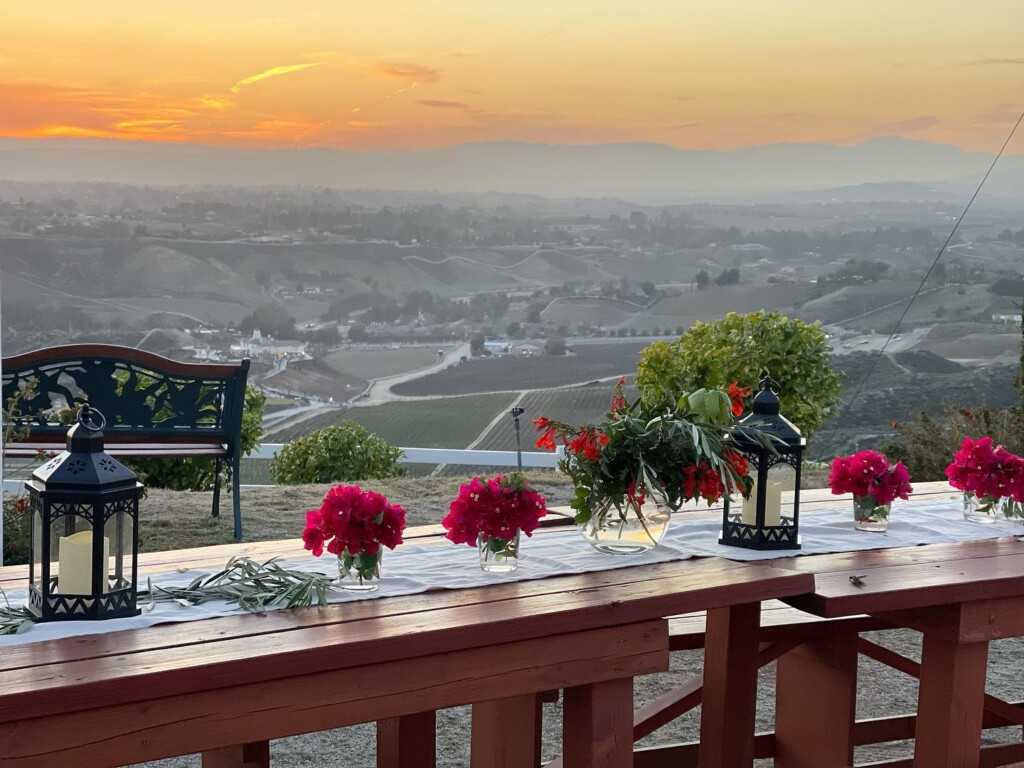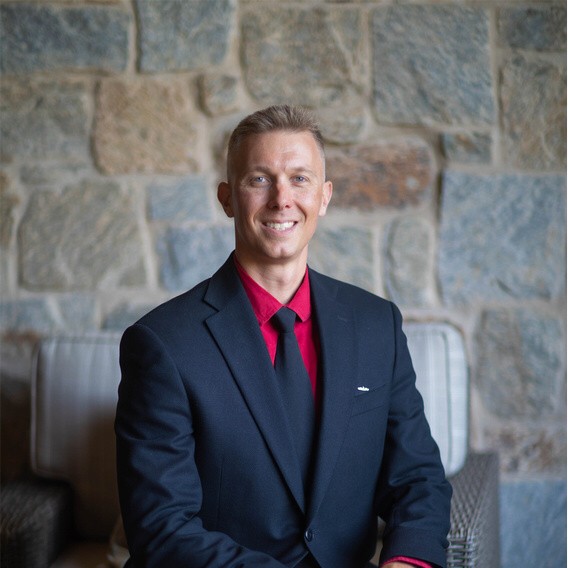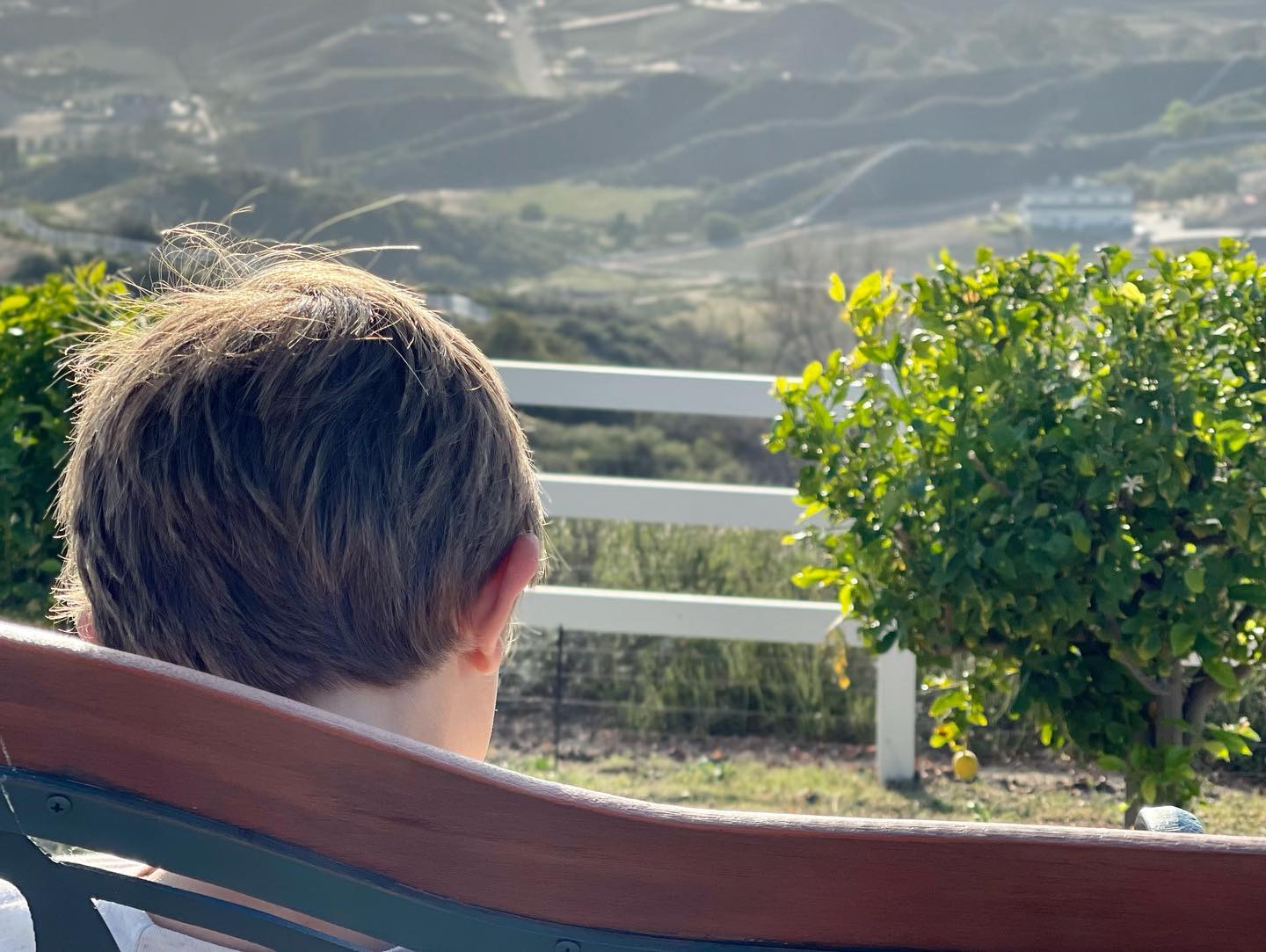I remember the day that I celebrated my 5th birthday in Bosnia and Herzegovina, 2 days after our Balkan war started. The blinds were shut, my mom made a cake, my uncle and aunt made lots of noise to avoid the sirens outside, and we all pretended like everything was normal. As a 5-year-old, I didn’t really understand what my parents went through to keep us 3 children safe, healthy, and protected during this time. I also didn’t understand the many challenging years that would come after war, such as going through refugee camps, finding food, disconnecting with each other, and eventually landing in two new countries without any knowledge of the language or where our future was going.
I have been in the United States since 1996 and have moved many times since. I’ve always avoided the topic of war because of this, but also avoided understanding and learning anything about the people who actually devote a part or all of their lives to serve because of the experiences I had. I have been taught to respect service members, and to appreciate the country that gave me and my children a home. Not until I recently met Matthew Mitchelson, through an “America Dines In” event hosted and organized by Vlada Vladic, founder of Vlada’s Seeds of Life.
As I watched the veterans join in on the event and Matthew play with his beautiful family (watch a brief video on this), I was intimidated, but also I reflected on my life and truly the awareness I was lacking around the life of a veteran. So when Vlada asked me to write a blog about this event, I took this opportunity eagerly so that selfishly, I can learn, but also so that I can do what it takes to raise awareness. I was confident, I was not the only one who knew so little about our U.S. service members.

While you can view more information about the event we hosted at VSL, I wanted to take you on an journey we had with Mr. Matthew Arthur Mitchelson, who kindly offered his time to share a little bit about the experience that our service members go through coming back home and what we, as a community, and as individuals can do to help. So let me take you through my paraphrased version of the interview that Vlada and I had with Matthew.
Interview
Vlada: How do service members feel after returning home from extended periods away from their local community?
Matthew: First, as anyone would be, they are very relieved and thankful to be home. However, as experience has shown us, it can often be a difficult transition. Ideally, there is an overarching sense of family among members of your unit, division, company, etc. while there is also, for some, a family waiting for you at home. For those who may be returning home lacking a “shore-based” family, it behooves the surrounding community to aid in their adjustment. Readjusting to life after a deployment means continuing your life while potentially not being so “on edge” anymore. This is a life changing moment and one that each individual handles differently.
Vlada: What are some of the challenges returning to “normal” life? Do service members feel understood and welcomed by their family and immediate community?
Matthew: Returning home from a deployment, regardless of duration, will be met with very different challenges for each individual member. Some will respond with an uninterrupted sense of love and affection among family and community while others may require a less-immediate interaction.
The bottom line is that every service member has their own background, and they will have very different needs. For example, some may not have a support structure upon their return. The military and the supporting organizations surrounding the military community have enhanced such opportunities and assistance for those returning from deployment, making adjusting arguably easier than in previous eras.
Vlada: How effective are the currently established programs which aim to assist returning personnel and/or veterans?
Matthew: In my humble opinion, we can always do better. It is important to understand that, again, everyone’s needs are different and that the limited number of established programs may not necessarily fit the needs of the service member or veteran you desire to assist and connect with.
Vlada: What can local communities do more of to support active service members and our veterans?
Matthew: It first starts with simply being a good neighbor and treating people the way they desire to be treated. I think that Seeds of Life is doing a great thing by inviting the community to come together to share a meal. I do not think that there is any better way of showing someone that you truly care for another than by taking time out of our busy lives to cook and serve in this loving manner. I would encourage all communities to perhaps take a lesson from Seeds of Life and enact or emulate what you are accomplishing through, again, simply sharing a meal.
Vlada: What is something every person in America, who never served, should know and understand about veterans?
Matthew: I continue to learn many life lessons from our American veterans; the most important I believe is that of humility. These men and women are incredible people who have deployed to many different countries, provided humanitarian aid around the globe, been subjected to harsh environments, and have come back home ready to continue their service to the nation. I think the most incredible aspect of veterans that people must understand is that these leaders have a giving heart. I have never met a veteran who did not want to pour themselves into the community and give their best for the benefit of all. Again, I am truly amazed by the fact that although they may be out of uniform, these leaders still seek ways to serve in meaningful avenues throughout our communities.
Vlada: Lastly, what kind of world, and what kind of America do service member and veterans wish for their children?
Matthew: I think I can speak for all service members, past and present, when I say that everyone wishes for peace and the elimination of armed conflict throughout the globe. No one enjoys leaving their children behind for months on end not knowing when or if they will see them again. It is a beautiful event to witness a ship return to homeport and watch Sailors exit the ship to be reunited with their loved ones, arms open wide. But to answer your question, I think it all boils down to the desire to share a world filled with compassion for each other and the ability to provide opportunity and growth for all.
Vlada: “A country with filled with compassion.”
*****
I took a look at these two wonderful people in front of me: one who has the passion to transform the world by reconnecting families with healthy meals, gardening, community involvement, while focusing on our children and one who has the passion to create a culture of positivity and love while improving the emotional and spiritual wellness of our service members. Then I looked at myself and thought, who am I to sit here and what have I done to help? And then I realized the kind of contagious power these two hold in our community to be able to cause me to have such self-reflection about my childhood, my 3 beautiful children, my family, my faith, my community, and most of all awareness of the love and compassion I can offer to the community through my different focus areas.
I, too, as a refugee coming out of war back to society with my family had a “readjustment period”. A family welcomed us in Texas when we arrived through their church program. I will never forget, as my parents went through culture shock, the first dinner that this family gave us. It was all around a big table, with big wooden chairs, a very traditional American meal, and something we all found incredibly odd – cantaloupe with salt and pepper on it! We all thought this was super strange. But that little moment of something so loving as that dinner, and that experience of something new, stayed with me to this day. I will never forget the gestures of that family that helped mine readjust to normalcy.
And so, what can I do for these service members when they come back? I can show them the same compassion and love that they deserve, simply put because they are humans who have undergone risk, fear, anxiety, trauma, and tragedy in service of our country and therefore in service of us. I can make them my traditional meat pie from my culture, I can send them Christmas cookies, and I can offer them an ear for when they just need to talk. As Mr. Matthew said, “simple small gestures of love go a long way.”
I personally want to thank Mr. Matthew for offering his time for us and to Vlada who takes the time to help our community come together and reconnect.
*****

Mr. Matthew Arthur Mitchelson is an Active Duty Naval Officer, Lieutenant Commander, he is the President and Co-founder of the nonprofit Lazy Lab Hunting Club, and he is a father to four beautiful children and a husband to a loving wife.
Any views or opinions represented in this blog are personal and belong solely to the individual involved in the interview and blog owner, and do not represent those of people, institutions or organizations that the owner may or may not be associated with in professional or personal capacity, unless explicitly stated.



